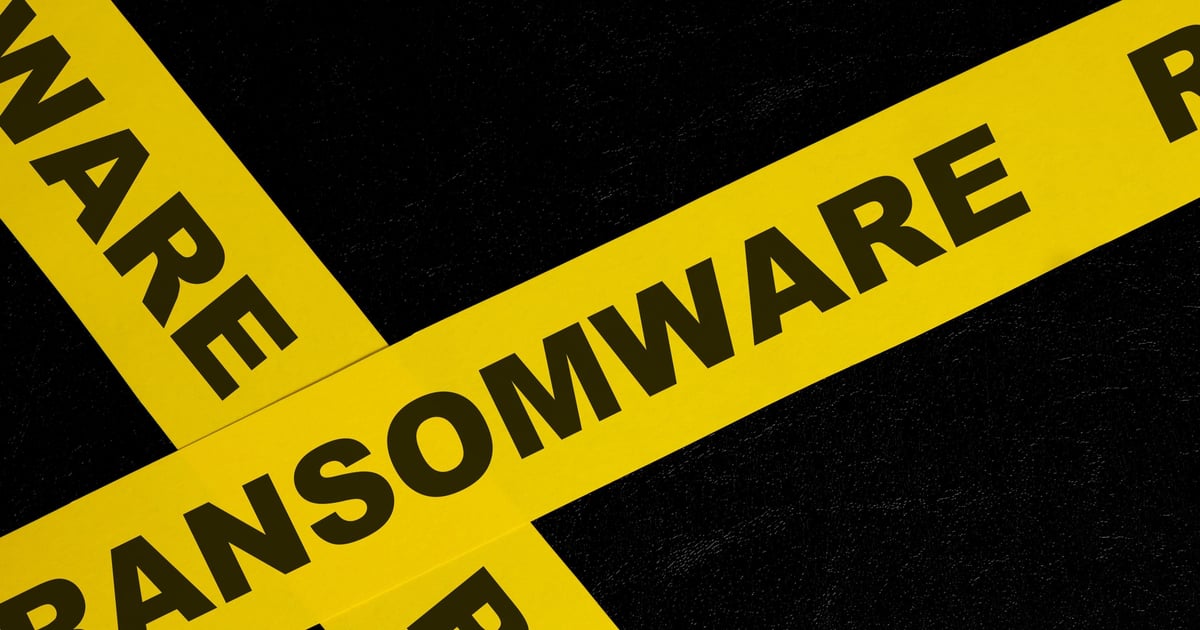The Russian-language ransomware landscape has been undergoing significant changes since the law enforcement takedown of Conti’s operations in 2022. Following this, the August 2023 takedown of Qakbot botnets further disrupted the usual business operations of these ransomware groups. Known as “Operation Duck Hunt,” this action removed Qakbot malware from over 700,000 infected machines. However, the success of the takedown was short-lived as analysts started to observe the resurgence of Qakbot in cyberattacks just a few months later.
Amidst this evolving landscape, a new ransomware group named BlackBasta has emerged as a prominent player. By January, BlackBasta was already seen utilizing a new botnet tool called Pikabot, along with collaborating with another emerging threat group called Water Curupira. These groups were observed using Pikabot to drop the BlackBasta ransomware, showcasing a coordinated effort within the Russian-language ransomware scene.
BlackBasta’s tactics have since diversified, including engaging in phishing, vishing, social engineering, and even purchasing entry into target networks from initial access brokers. The group has also developed its own custom malware, including Cogscan to map victim networks and Knotrock to execute ransomware. This strategic evolution indicates BlackBasta’s adaptability and resilience in the face of law enforcement actions.
Cybersecurity analyst Yelisey Bohuslavskiy has highlighted the evolution of BlackBasta’s tactics, raising concerns about the group potentially partnering with the Russian state. The recent high-profile cyberattacks against the healthcare sector in 2024 have further fueled these concerns, with the possibility of closer collaboration between BlackBasta and Russian threat actors looming.
Bohuslavskiy predicts that BlackBasta and its affiliates will continue to enhance their sophistication in cyberattacks, particularly focusing on social engineering attempts to compromise credentials. He advises organizations to be vigilant in defending against such tactics, emphasizing the importance of securing credentials and monitoring repositories for potential threats.
While some experts like Ed Dubrovsky view these ransomware groups as decentralized entities with individual hackers operating under complex structures, Bohuslavskiy’s analysis underscores a potential for greater cooperation between these groups and the Russian state. As the threat landscape continues to evolve and ransomware attacks become more sophisticated, the need for robust cybersecurity measures becomes increasingly critical.
Ultimately, the ongoing developments in the Russian-language ransomware scene highlight the adaptability and collaborative nature of these threat actors. As cybersecurity professionals and organizations strive to strengthen their defenses against evolving cyber threats, a proactive and multi-faceted approach to cybersecurity remains essential in mitigating risks and safeguarding sensitive data.
